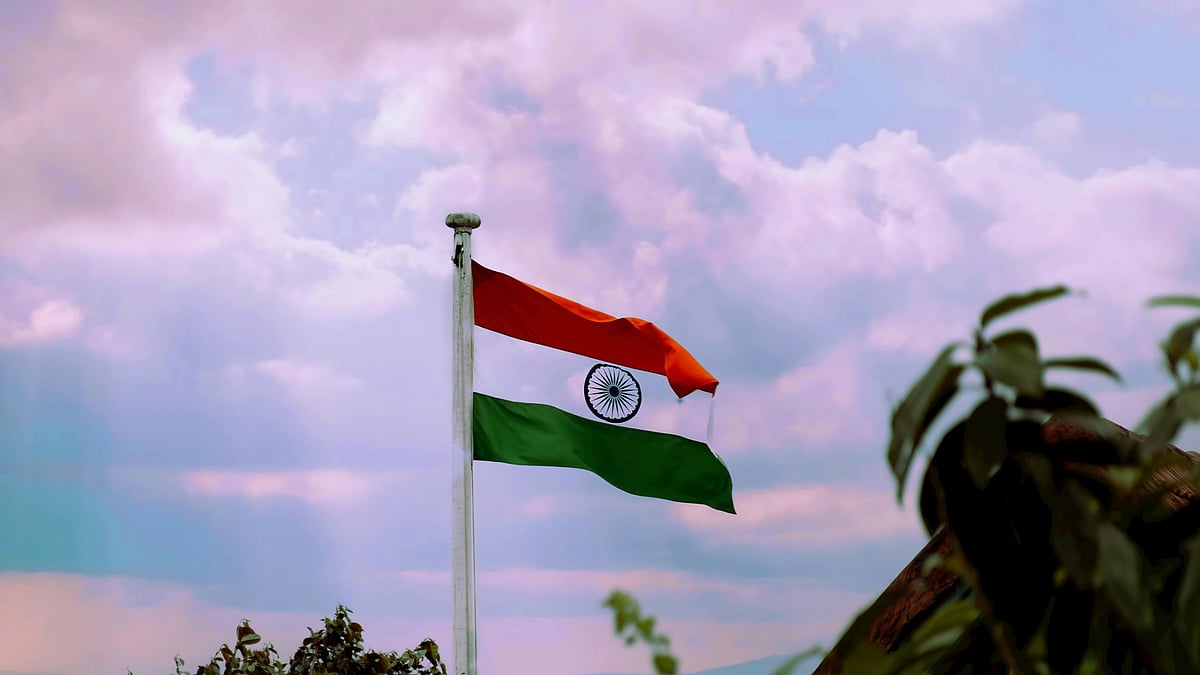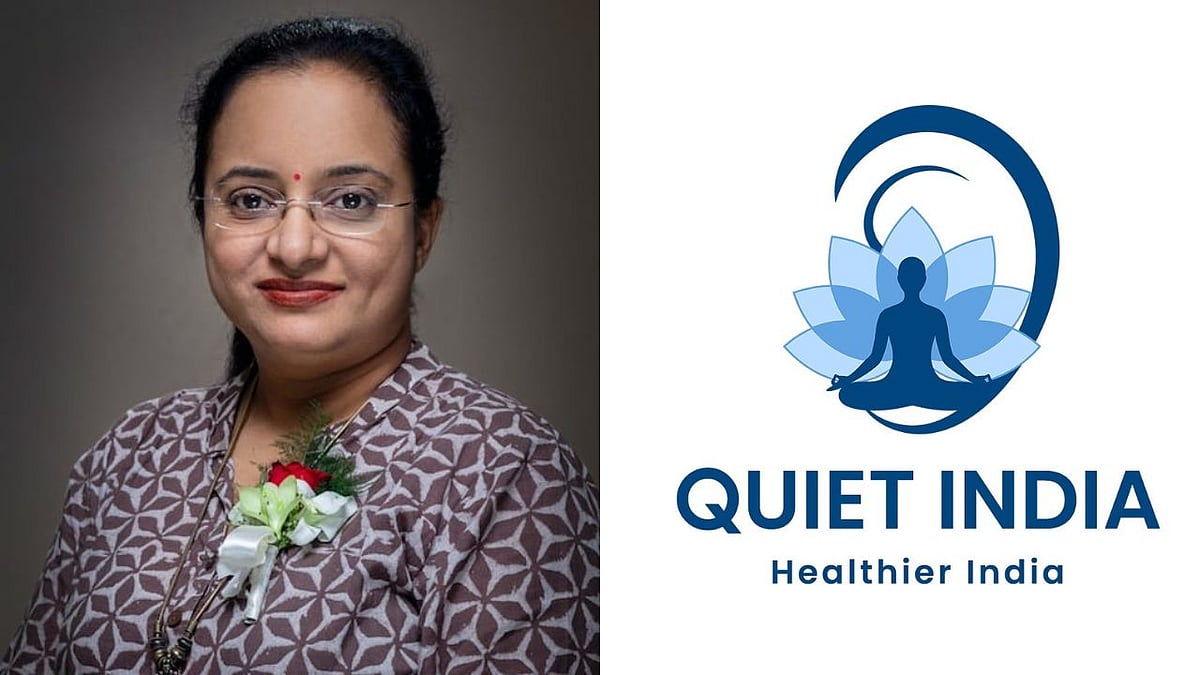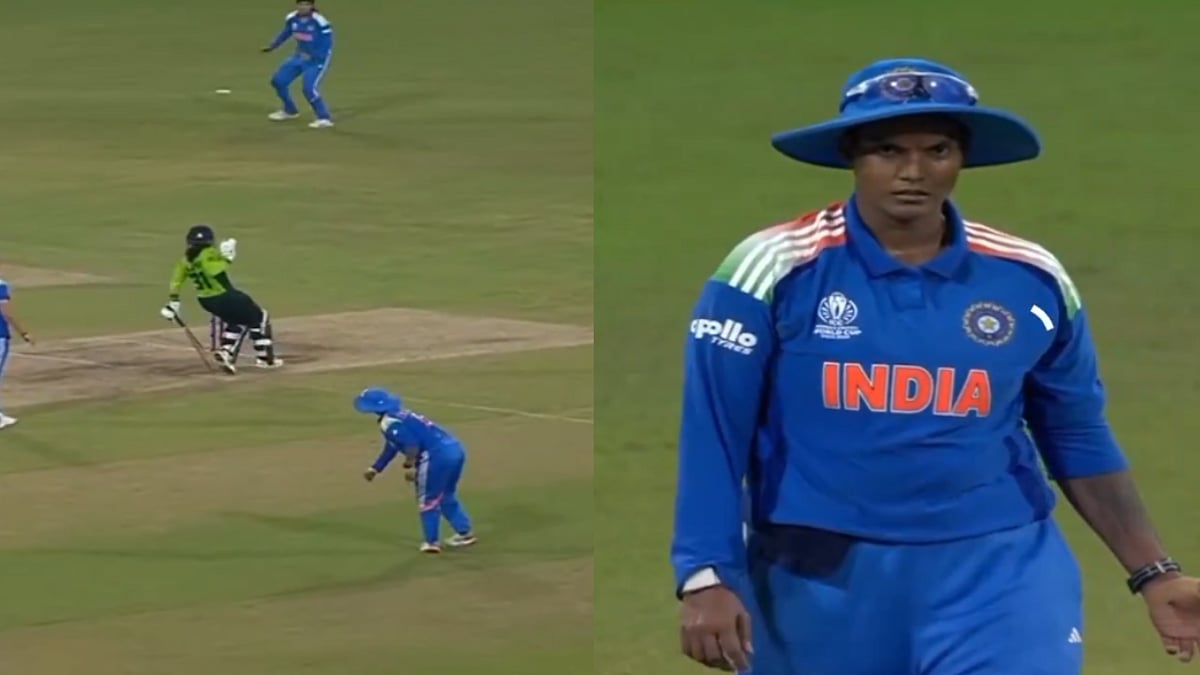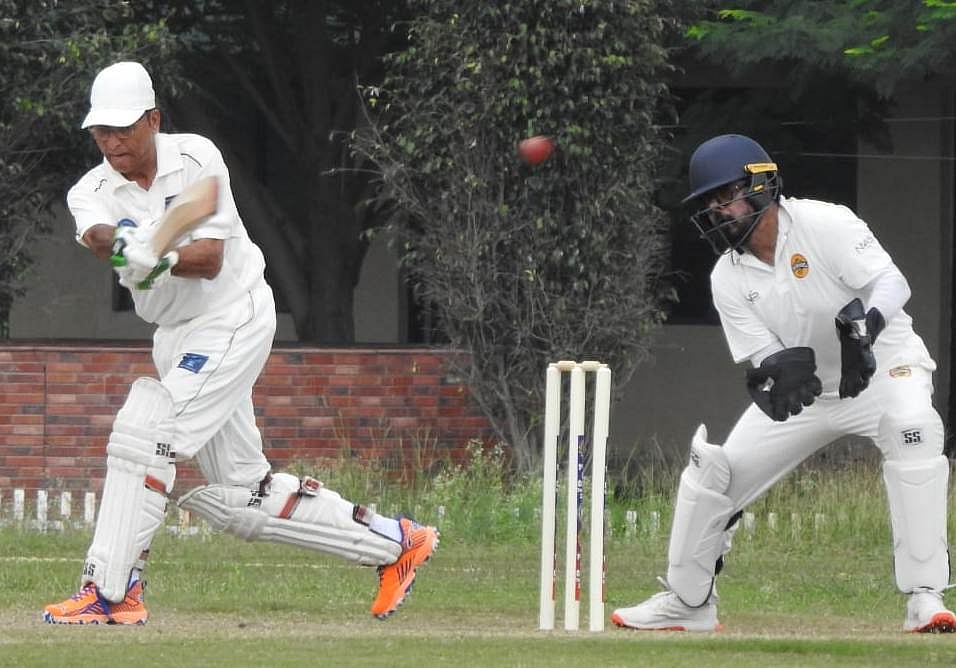Bhopal (Madhya Pradesh): The Madhya Pradesh High Court principal bench in Jabalpur on Thursday questioned the state government on why it is not implementing the 58% reservation policy when the Supreme Court has already permitted it in Chhattisgarh.
The court said that the reservation issue in both states is identical and demanded an explanation. In an interim order, the High Court directed that 13% of the OBC category posts should remain vacant in all ongoing recruitments until a final decision is reached. Moreover, the court instructed the government to submit written details of all recruitments conducted from 2019 to date.
The division bench of Chief Justice Suresh Kumar Kait and Justice Vivek Jain heard petitions filed by candidates affected by delays in teacher recruitment. Senior advocates Rameshwar Singh Thakur and Vinayak Shah informed the court that despite clearing the second round of teacher recruitment counselling, appointment letters have not been issued to over a thousand OBC candidates, including the petitioners.
No official reason has been provided in writing. When candidates sought clarification, the Directorate of Public Instructions (DPI) cited an interim order dated August 4, 2023, from petition WP/18105/2021 as the reason. However, the High Court had dismissed that petition on January 28, 2025, yet the government has failed to issue the pending appointment letters, prompting affected candidates to file fresh petitions.
Advocate General Prashant Singh argued that the appointments were on hold due to an interim order passed on May 4, 2022, in a petition filed by Shivam Gautam. However, the High Court said that this petition has already been disposed of, and while the government transferred the matter to the Supreme Court, no interim stay has been granted by the apex court.
On the contrary, in related petitions, a three-judge Supreme Court bench passed an interim order on February 24, 2025, allowing the implementation of 58% reservation in Chhattisgarh. The High Court, addressing the Advocate General, questioned why the Madhya Pradesh government was not implementing the Supreme Court's ruling when the dispute in both states is the same.
In response, the Advocate General sought time to obtain further instructions from the government.











